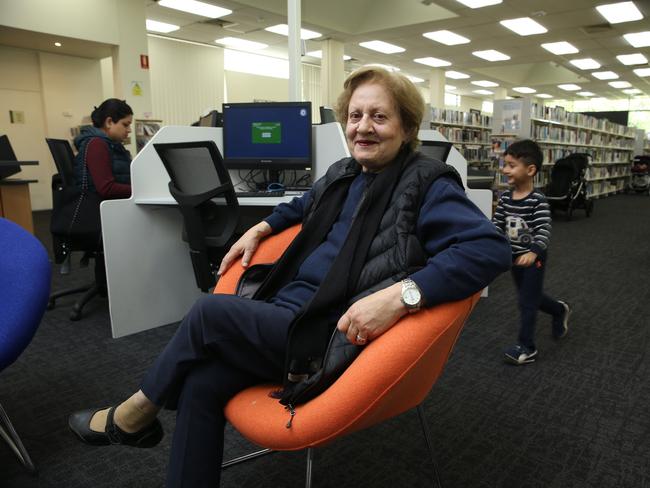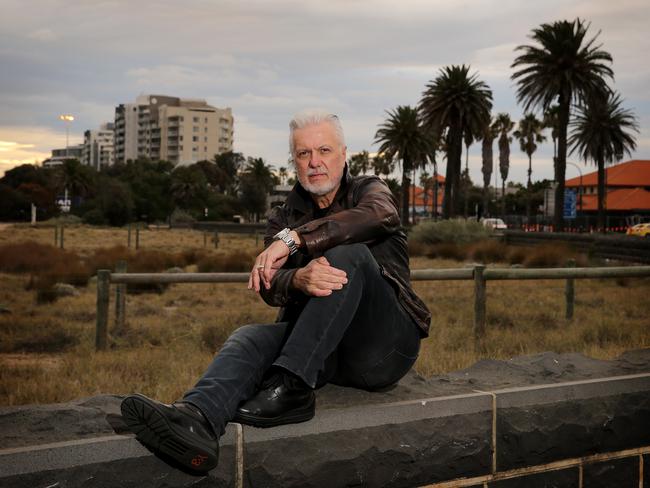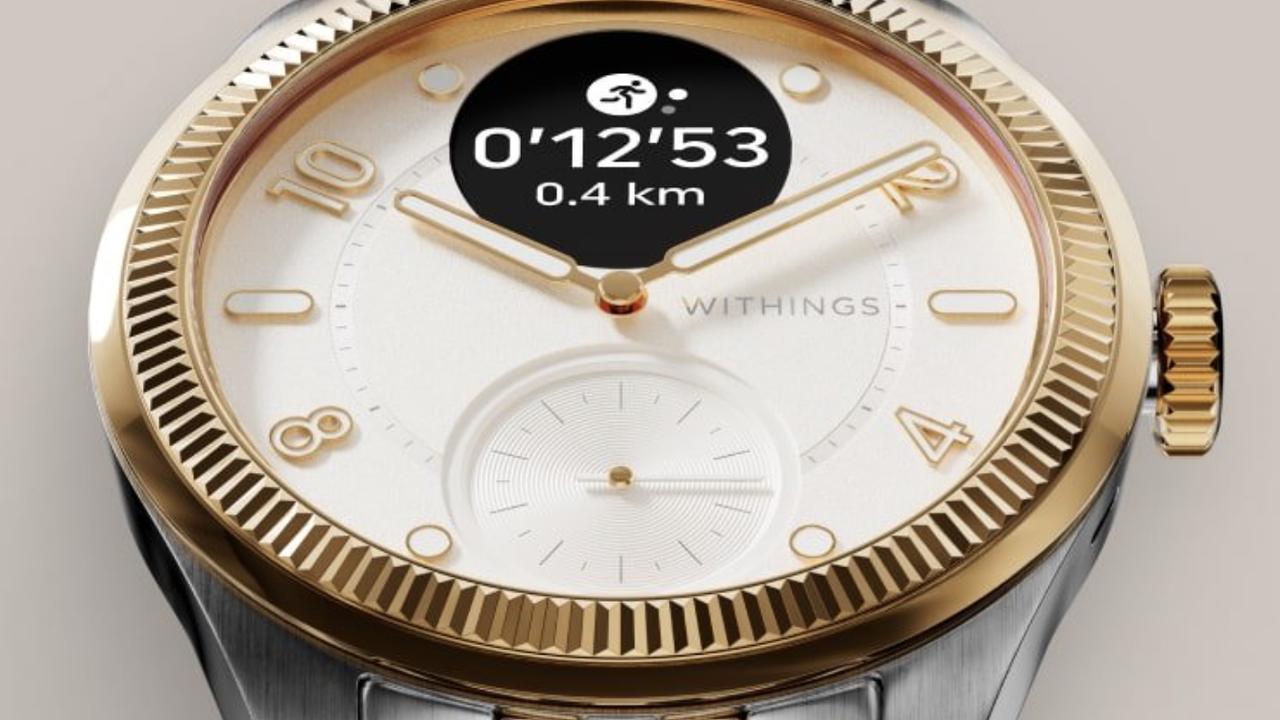NBN disconnects with consumers
The prospect of internet access becoming more expensive via the NBN rollout is putting consumers on edge.

Internet affordability has become a bargaining chip between the telcos and NBN Co and with both parties yet to see eye-to-eye on the issue, the prospect of internet access becoming more expensive is putting consumers on edge.
Despite the efforts of NBN Co, the telcos and regulators, consumers are reluctant to switch over to the NBN, and for many making the switch has delivered a less than an ideal experience.
For Goulburn resident Melanie Sinclair her NBN connection is $10 more expensive than what she was paying for her ADSL service but hasn’t delivered an improved service.
“I am paying more but it’s hasn’t been money well spent,” she says.
“The ADSL service I had before wasn’t very good but the move to be NBN hasn’t been worth the price.”
Sinclair is on a fibre-to-the-premises (FTTP) NBN connection, which is the best access technology available on the network but, at $69.99 a month, her service still slows down on occasions, especially when her kids jump online.

“Even simple things like streaming can become difficult when all three of us are on the internet. I would say we are a medium- to high-data usage home but we get a lot of dropouts and lag. The internet is an essential service and I am concerned that if it gets even more expensive, it’s going to leave some people more disadvantaged.
“I begrudge going up to the 100 megabits plan because I was hoping the plan I am on now would let us do what we needed to, so it’s a bit disappointing.”

Meanwhile, in the northwest Sydney suburb of Epping, pensioner Mara Tudorin is also worried about telcos raising retail prices. “If it goes up any higher, I won’t be able to afford it,” she says. She already pays $95 a month for her NBN service, which is delivered over hybrid fibre coaxial (HFC) access technology. The infrastructure, originally designed to deliver pay TV services, has caused NBN Co plenty of headaches.
The company was forced to temporarily stop connecting homes via HFC in 2018 due to service quality issues and has also seen a large number of consumers wait until the last minute to move over to the NBN.
Tudorin was a reluctant NBN customer herself and says she was getting a better service before she was forced on to the NBN.
“I always had a very good service but since moving to the NBN my service drops out quite a bit.
“I might be doing something on the internet and it just jams up and I have to reboot the service, I didn’t even want the NBN.”
Both Sinclair and Tudorin are a segment of NBN users who have failed to see the $51bn project deliver better outcomes for them — their dissatisfaction provides a glimpse into why NBN Co is still failing to win the hearts and minds of the public.
The latest Infrastructure Audit, released by independent government adviser Infrastructure Australia, shows consumers are reluctant to pay higher prices of broadband (fixed and mobile) at a time when their reliance on the internet is growing.
“Australians generally feel they spend more on telecommunications services today than they did five years ago,” Infrastructure Australia says, adding that while internet costs as a percentage of disposable income is trending downward for the average Australian household, low-income households have seen their spending increase as a proportion of their disposable income.
NBN Co says it is doing everything in its power to deliver a better broadband experience and give the telcos what they need to keep a lid on retail prices.
According to Brad Whitcomb, the man leading pricing discussions with the telcos, wholesale costs for the telcos have been coming down for some time.
“We’ve responded to industry feedback with our proposal to introduce significant discounts and substantial, additional data inclusions,” he says.
NBN Co has proposed further discounts to entry-level NBN plans and is putting more capacity on the table for telcos, with Whitcomb saying it is committed to delivering greater value to both customers and telcos. However, the telcos are far from convinced and helping those slipping through the NBN gap is a knotty problem for NBN Co and the federal government.
The key challenge, Infrastructure Australia says, is the “tension between the NBN Co’s strategic goals, requiring potential trade-offs between achieving user outcomes and delivering a return on the capital investment made by taxpayers”.
The trade-offs aren’t just in the economics of the NBN, but also in the access technology, with the current multi-technology approach helping NBN Co roll out the network faster but also leaving many consumers unhappy about the quality of the service.
Media personality George Donikian gets a very good NBN service in his home at Port Melbourne, Victoria, and says NBN Co is at times criticised unfairly.
“We didn’t have a very good ADSL service but now get very high speeds for $80 a month, so it has lived up to the promise.”
Yet Donikian, one of the founding anchors of SBS News, concedes there are homes that don’t get the best service and can’t afford to pay more for an upgrade.
“I know we are the lucky ones here, it comes at a cost and I wouldn’t like to see people pay top dollar only to see a marginal improvement in service,” he says.
Revised wholesale prices will come into effect in November, with telcos and NBN Co expected to keep trading barbs until then.
Meanwhile, many consumers will remain either undeserved or underwhelmed by the NBN, held captive to the economics of the project and, as Donikian puts it, the NBN expectation gap.
“The expectations around what the NBN could deliver were always too high, they were just delusional. Had the NBN been a bipartisan project we would have a very different product and a different narrative,” he says.



To join the conversation, please log in. Don't have an account? Register
Join the conversation, you are commenting as Logout